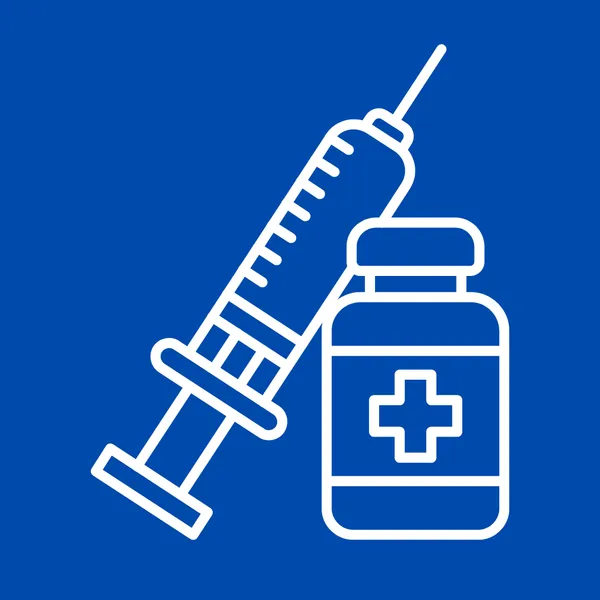
How Vaccines Work
Your body has a defense team called the immune system. Its job is to protect you from germs like viruses and bacteria. Usually, your immune system learns about a germ by fighting it after you get sick. Vaccines give your body a much safer option. Instead of making you sick, a vaccine shows your immune system a harmless version or a tiny piece of the germ. Think of it as giving your body a wanted poster. Once your immune system sees the wanted poster, it practices building special proteins called antibodies. These antibodies attach to germs and stop them. At the same time, your immune system creates memory cells. Memory cells remember what the germ looks like for years, sometimes even for life. If the real germ ever shows up, your body recognizes it instantly and shuts it down before it can make you sick. This is why vaccines are so powerful. They let your body practice fighting an infection in advance, so when the real threat comes, your immune system is already prepared. Scientists often describe this as training the immune system. Vaccines act as the rehearsal, and the real germ becomes just another performance that your body knows how to handle.
